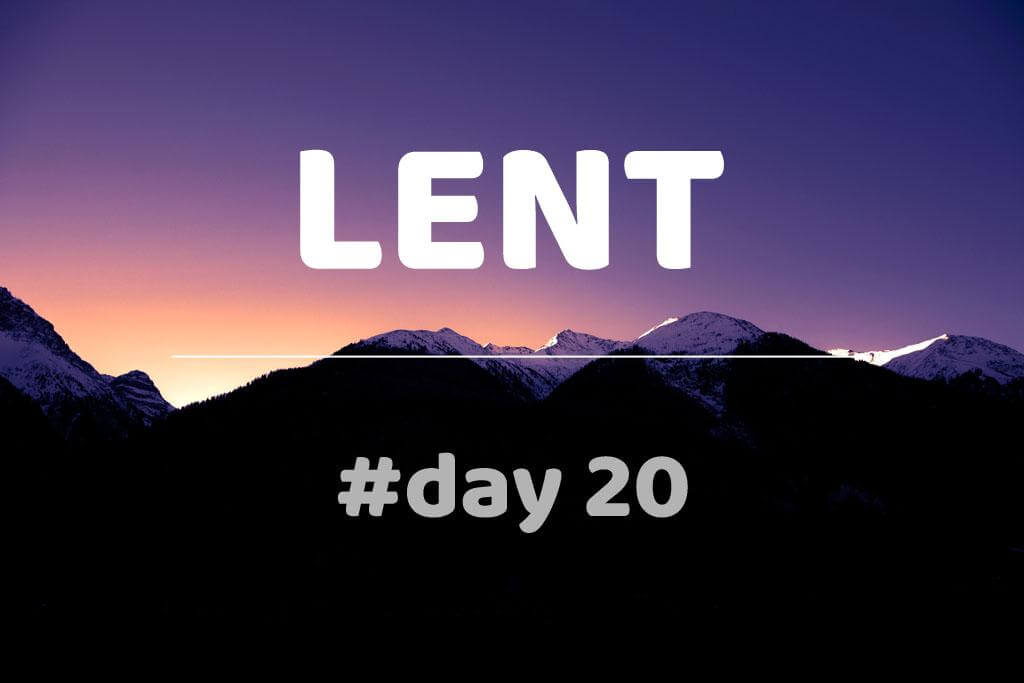Blog Search Results

58 results for apostles
found
within the Blog
6 displayed out of 58 (0.03seconds)Page 2 of 10

Why Read The Early Church Fathers?
Posted by Luke J. Wilson on 8th December 2017 in Early Church | church history,daily devotional,daily reading,early church,early church fathers,new book,amazon
Why read the Early Church Fathers?
Maybe for some of you reading this, the question might better be phrased as: who are the Church Fathers?
No doubt you will be familiar with some of their names: Augustine, Jerome, Clement, Ignatius, Polycarp, Justin Martyr et al. You may have even read portions or quotes by some of these men. But that still doesn't really explain to you who they are and why you should care, much less actually read any of their works.
My new book deals with a selection of some of the most influential Early Church Fathers, sometimes also referred to as the Apostolic Fathers (if they lived between AD 70-150), or collectively as the Ante Nicene...
Understanding The New Testament: Inspiration, Canonisation, And Historical Context
Posted by Luke J. Wilson on 23rd December 2023 in Early Church | Inspiration,Scripture,early church,early church fathers,islam,Bible
A common modern perception of the inspiration of Scripture often portrays it as a rigid, divine dictation of words from God to be written down verbatim. This perspective leads to concerns among some religious communities, such as Muslims, who view any alteration or addition to the text as a potential threat to the entire faith. The Islamic understanding of inspiration emphasises direct and unalterable divine dictation, contributing to their scepticism of multiple Bible translations, which they falsely label as “corruption”.
In contrast, the Biblical inspiration of the Scriptures has never been viewed as a literal divine dictation, as if the apostles were un...
Lent: Day 1 - The Didache
Posted by Luke J. Wilson on 2nd March 2017 in Lent | Lent,great lent,fasting,early church fathers,devotional,daily reading,Didache
Day One: the Didache (in full)
Who: Written by an anonymous author, possibly multiple sources compiled into one book at a later date. The title translates as “the teaching”, or in its full tithe: Teaching of the Twelve apostles.
What: The Didache is basically a church handbook with a summarised collection of the basic teachings of the Church and Gospel, aimed at local church leaders and new converts.
Why: Tradition has it as being a collection of the apostles teachings, so it was probably written to preserve this information as they grew older or died, or moved away from the communities they planted.
When: Between 70-100 AD
The Didache is one of my...
Biblical Inspiration and the Canon: How We Got the Bible
Posted by Luke J. Wilson on 28th February 2025 in Early Church | canon,nicea council,nicene council,myths,church history,church fathers
...uding the apostles. The Septuagint included several books not found in the Hebrew Bible, known as the Deuterocanonical books (such as Tobit, Judith, Wisdom, and 1–2 Maccabees). While these books were accepted in many early Christian communities and remain part of the canon in Catholic and Orthodox traditions, Protestant reformers later removed them, considering them useful but not divinely inspired at the same level as the rest of Scripture.
The reformers’ view was influenced by Jerome, who, in the 4th century, argued that these books were not part of the Hebrew Bible and therefore should be considered separate. However, he still included them in his Latin...
Lent Day 20: Cyprian: On the Unity of the Church: 19-27
Posted by Luke J. Wilson on 23rd March 2017 in Lent | Lent,great lent,fasting,early church fathers,devotional,daily reading,Cyprian,Bishop of Carthage,unity
...among the apostles”, Cyprian points out, even though Judas betrayed the Lord afterwards. This didn’t break the faith of the apostles, and neither should seeing those in the Church fall away, as sad as it may be at times. We are a corporate Body together in the Faith, but our salvation is our own to “work out with fear and trembling” and isn’t dependant on anyone else, even though they may be someone you respect and find encouraging.
As Paul wrote to the Roman church, saying a similar message, God is not diminished by what we do:
Romans 3:3-4
What if some were unfaithful? Will their faithlessness nullify the faithfulness of God? By no means! Althou...
The Coming of Jesus: The Olivet Discourse – Part 1
Posted by Luke J. Wilson on 19th October 2014 in Second Coming Series | Second Coming,Return of Christ,Return of Jesus,Preterism,Prophecy,Last Days,Left Behind,Eschatology,Matthew 24,Olivet Discourse,birth pangs,Josephus,history
...phets and apostles, some of whom they will kill and persecute,’ so that this generation may be charged with the blood of all the prophets shed since the foundation of the world, from the blood of Abel to the blood of Zechariah, who perished between the altar and the sanctuary. Yes, I tell you, it will be charged against this generation. (cf. Matthew 23:34-36)
Jesus bluntly tells them that basically the Pharisees are hypocrites, and are partakers in the slaughter of God's holy prophets, even if they weren't alive at the time since they built tombs for them and proclaimed that they wouldn't have aided in the killing of the prophets – all the while plott...

